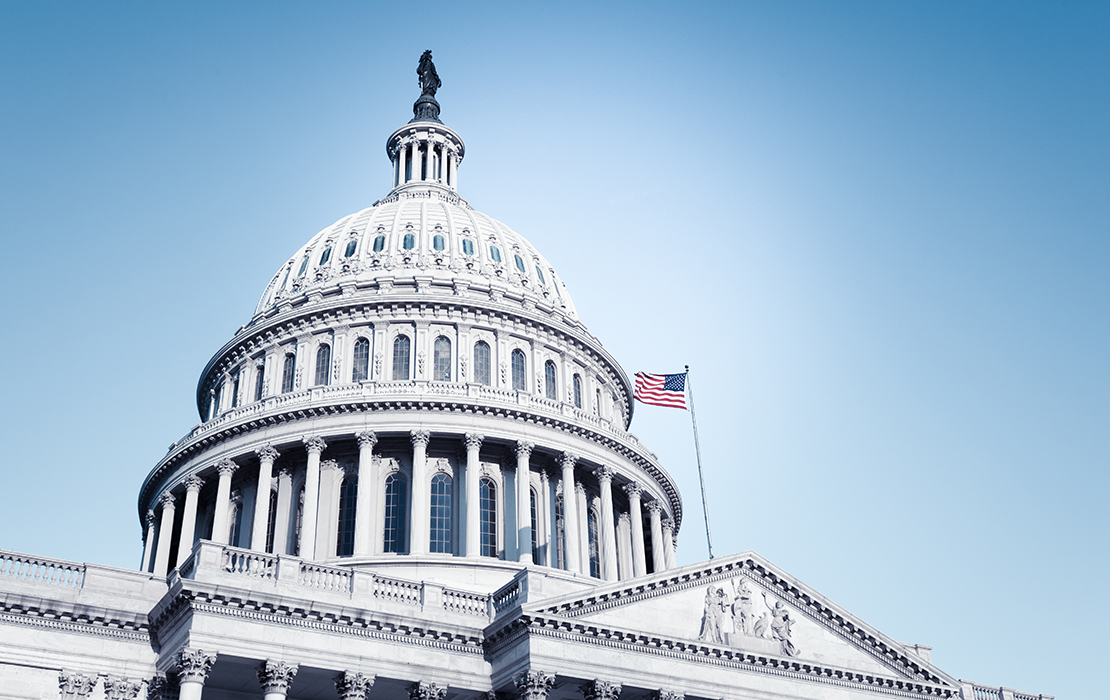ADA supports extension of tax policies to assist dentists, touts economic impact of dental practices
Priorities include deduction for pass-through businesses, full expensing

The ADA is expressing support for an extension of several tax policies that it says will support dental professionals, other small businesses and local economies, including a deduction for certain businesses organized as pass-through entities and a reduction of the corporate tax rate.
In an Oct. 15 letter, ADA President Linda Edgar, D.D.S., and Executive Director Raymond Cohlmia, D.D.S., responded to a call for submissions from the House Ways and Means Committee on the impact of the possible expiration of ADA-supported tax policies included in the Tax Cuts and Jobs Act of 2017.
“All dentists have an impact not only on the health of their communities, but also have a significant economic impact. Congress must consider tax reform that supports our small business dental practice owners, individual dentists and future oral health care providers so that they can continue to be an asset to their communities while increasing access to high quality oral health care nationwide,” reads the letter, addressed to Lloyd Smucker, R-Pa., chair of the House Committee on Ways and Means Main Street Tax Team.
The Association urged the renewal of several policies, including:
• The 20% deduction for businesses organized as pass-through entities with income below $300,000.
• Full expensing of investments in equipment, software and property, particularly for small businesses.
• Permanently reducing the corporate tax rate to 21%.
Failure to renew these tax policies would negatively affect oral health, the ADA said, as younger dentists and newer practices that could help expand access are more likely to currently take advantage. According to the letter, “our members have told us that large portions have taken advantage of the 20% deduction and bonus depreciation.”
The letter goes on to encourage the support of tax reforms that would incentivize dental providers to work in underserved communities by exempting loan repayment programs from taxable income, such as with programs like the Indian Health Service Loan Repayment and Scholarship program.
“Thank you for the opportunity to share the tax reform priorities of America’s dentists. These policies are critical for ensuring that dental practices, as integral parts of both the economy and the health system, continue to thrive,” the letter concludes.
Follow all the ADA’s advocacy efforts at ADA.org/Advocacy.



